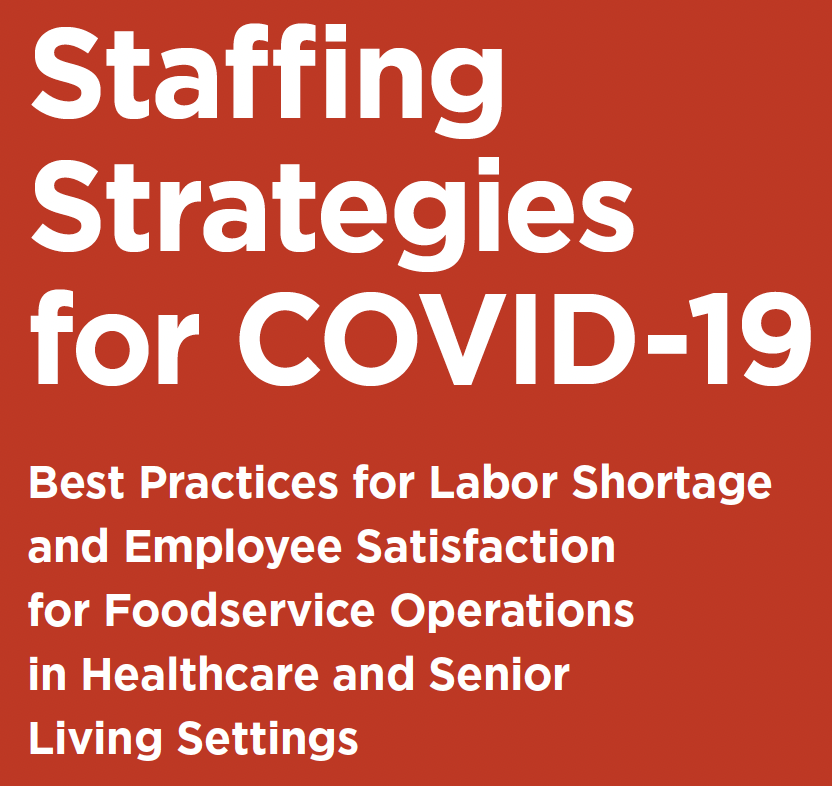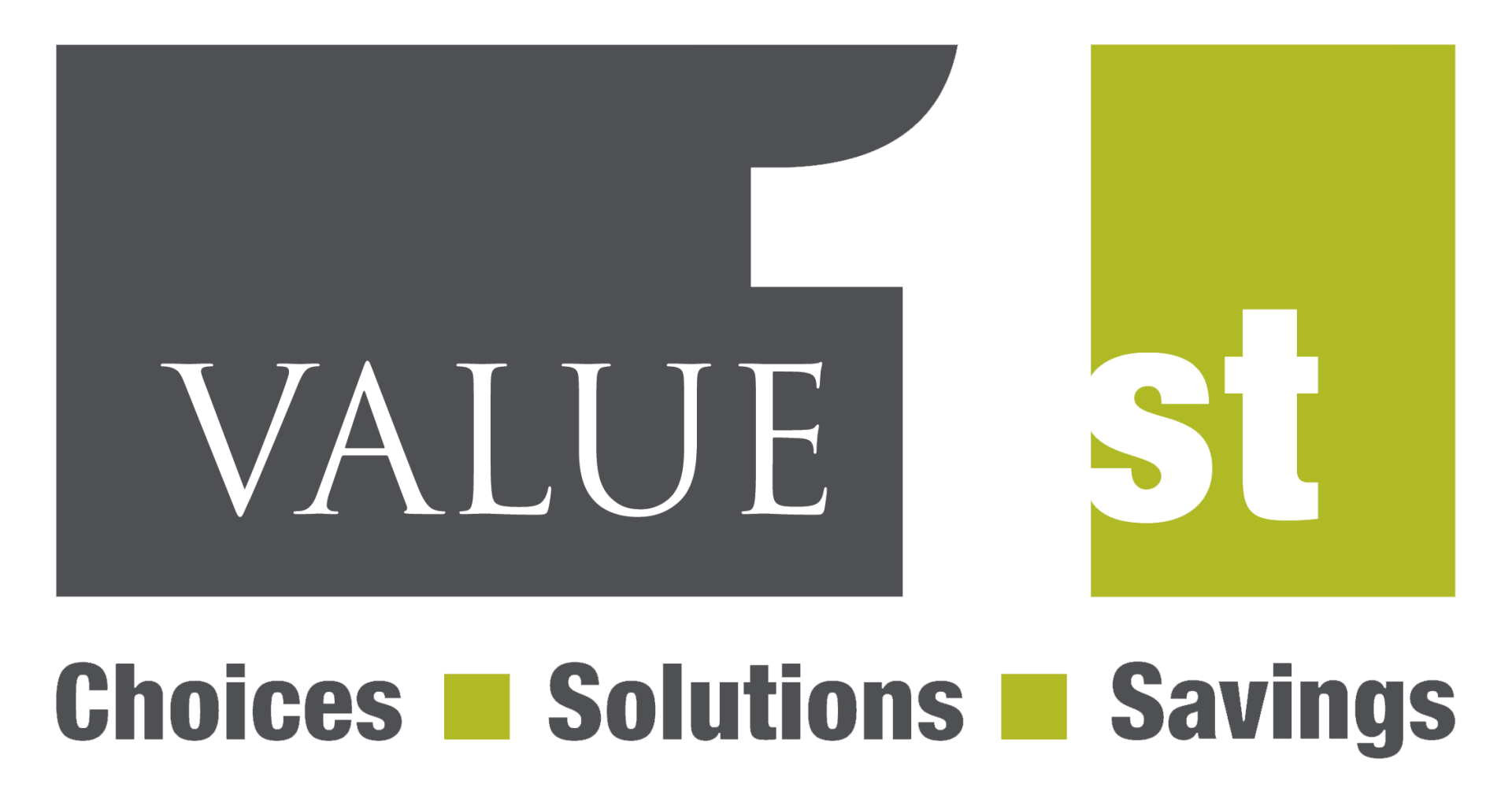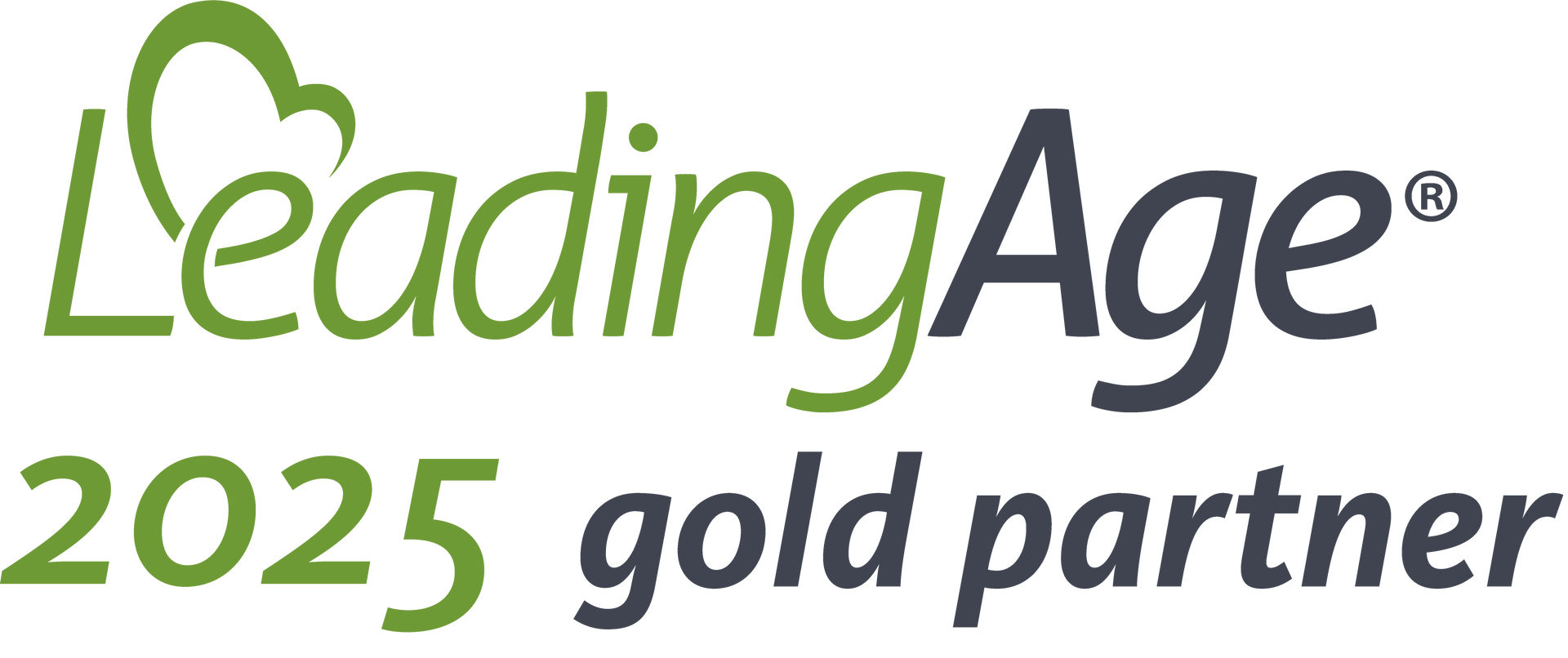



• Consider reducing menu offerings to a restricted or non-select menu.
• Adjust menu items to convenience foods (canned, frozen, pre-cooked) vs. scratch.
• Do not switch to disposable dishware to save on dishroom labor unless absolutely necessary per infection control policy.
• Cancel or reduce catered events unless they are essential to the business.
• Outsource some of your foodservice needs to local organizations with licensed kitchens and experienced staff, such as restaurants, caterers and hotels.

• Reach out to area businesses such as restaurants and hotels for potentially sharing their labor pool.
• Hold video interviews with potential team members.
• Consider offering an abbreviated or online orientation to expedite onboarding.
• Partner with your state or local restaurant association to help obtain potential employees.

• All hands on deck! Post sign-up sheets for other non-nursing staff (administrative, housekeeping, activities, etc.) to help with meal service.
• Collaborate with your HR department to redeploy workers in areas where there’s demand.
• If you are using staff or volunteers that are not experienced in foodservice, provide basic food safety and sanitation training.
• Change to 12-hour shifts, fewer days per week.
• Consider scheduling your team in specific groups to limit the number of employees who come in contact with each other. If someone tests positive for COVID-19, you limit worker exposure.

• Increase rounding with team members. Ask them about their family and friends … show them you care
• Hold daily team huddles to ensure consistent communication.
• Say “Please” and “Thank You” … often.
• Increase recognition. Go from “Employee of the Month” to “Employee of the Week”.
• Implement an employee recognition bulletin board within the department.
• Provide a meal for employees when at work and free snacks in the break room.
• Have dress-down days.
• If possible, offer grocery or gas gift cards.
• Incentivize employees to remain in the building during breaks to decrease exposure.
• Save employees time and reduce unnecessary exposure by offering micro markets in your building for all employees.

• Develop a streamlined pre-order and pickup system for employees to use.
• Offer cashless payment, such as payroll deduction. Require payment at time of order.
• Develop a menu based on staff capacity and product availability.


